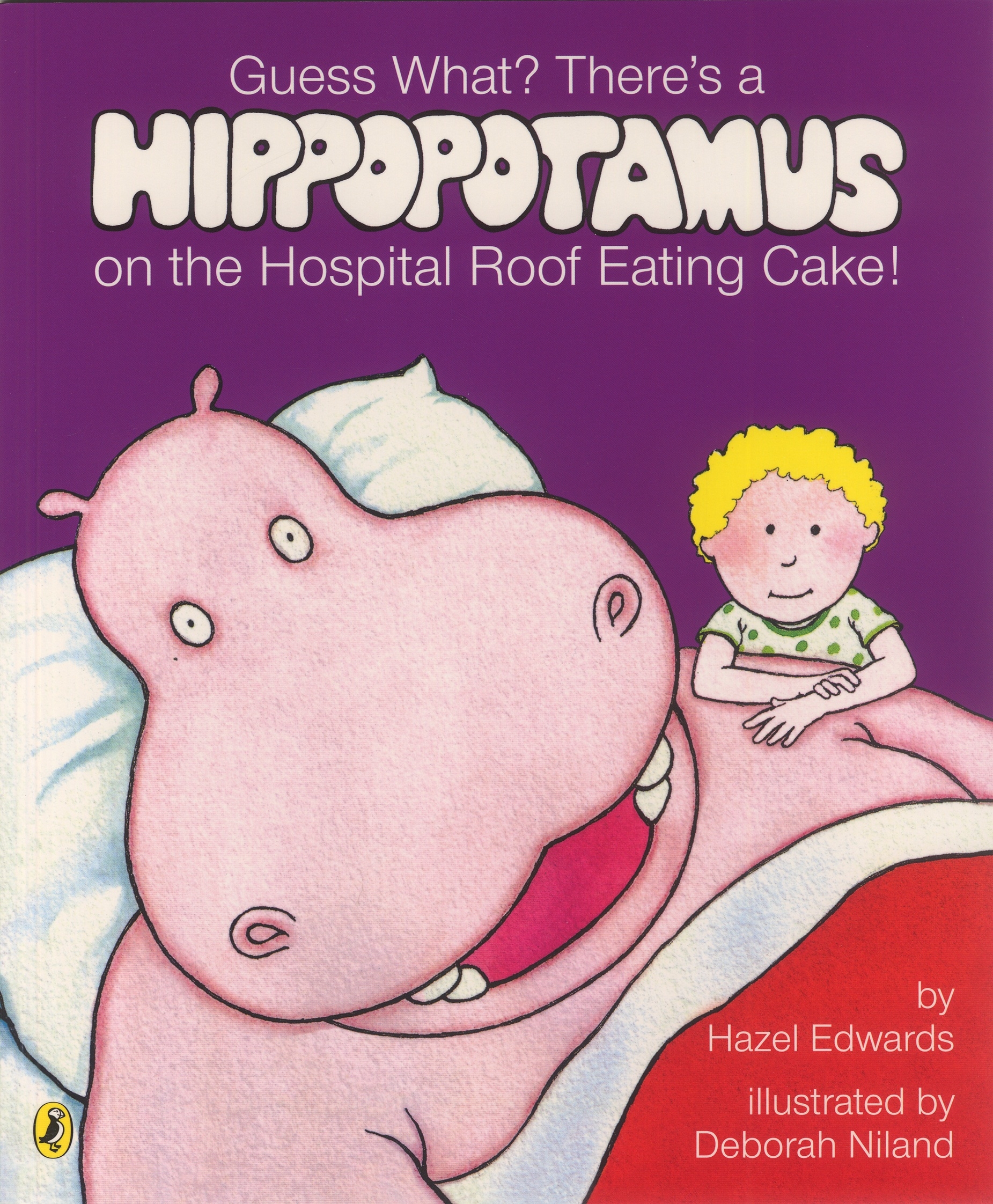
I love
reading books to my boys, and fortunately both seem to really enjoy this
special time we have together. Sometimes the books are fun and I really enjoy
them myself. Other times the stories are so mundane I feel like ripping my hair
out! My little one is Thomas obsessed
and I find these stories so painful! It always makes me giggle when I know the
book by heart and can close my eyes and be on autopilot! Trouble is most of the
time the kids have also memorised the stories and they know if you ‘accidentally’
skip a part.
I have found
that books have been a particularly useful tool for prepping children for
events or certain situations. A common scenario that parents need to prepare
their children for is medical procedures or visits to medical professionals. If
children have good first experiences in these situations it generally sets them
up for more positive future appointments. I often take a bit of artistic
license when I am reading the stories particularly when they have a medical
slant on them.
One of these
books, There’s a Hippopotamus on the
Hospital Roof Eating Cake, comes from a series of books by Melbourne based
writer Hazel Edwards. The story basically describes the hospital experience of
a child who has likely appendicitis (they never say what it is but that’s my
expert guess ha!) and his imaginary friend the hippopotamus.
The child
has to have an operation and as he is taken into the operating room, he is
instructed to ‘breathe slowly’ by the nurse and after that ‘everything goes
black’. The illustration accompanying this is a nurse holding a black mask over
the child’s face. When I first read this to J, I changed the words to ‘Breathe
slowly’ said the anaesthetist! I then explained that mummy’s job was putting
the patient to sleep and the nurse also was there to help look after the
patient. This book was a favourite for months and each time we would discuss
the procedures that would occur if one were ever to have to go to hospital for
an operation.
J loved
re-enacting the operating room scene and I slowly added embellishments like
putting an IV cannula and infusing fluids/analgesia. When it came to that
inevitable time when J fell at the park, lacerating his face and needed a
general anaesthetic for sutures, he was well prepared.
Most
children and parents find a hospital admission daunting but with J on the
spectrum I was pretty worried about how he would react. I played out several
scenarios in my head – most of them traumatic but in the end, it turned out to
be far better than I could have imagined as he had been well prepped. He came
out of the experience wanting to do more play acting – except he wanted to be
the anaesthetist! Another positive is he also now understands a bit more what
his mum does for work.
It made me
realise the importance of books and social stories in the preparation of
children for unexpected events particularly ones involving hospitals / doctors.
The key is to find a story that your child can relate to, be it because of the
actual scenario or the character involved. If you child is a Dora fan then find
a Dora themed story and so forth. Social
stories are useful for children with autism who often thrive on routine and
familiarity, but they can also be invaluable for any child who has to face an
unusual or frightening situation. Suffice to say if a child’s first experience
having surgery or seeing a GP is a traumatic one, they are far less likely
going to cooperate with you on the next visit.
Some other
books/resources that we have found useful include
Elmo goes to
the Doctor by Sarah Albee
Dora Goes to
the Doctor/Dora Goes to the Dentist by Ellen Rosebrough
The
Berenstain Bears Go to the Doctor by Stan Berenstain
Note most
children’s hospitals in each capital city have great website resources available
to the public and easily accessable.
What other
books have been useful for you and your children?
